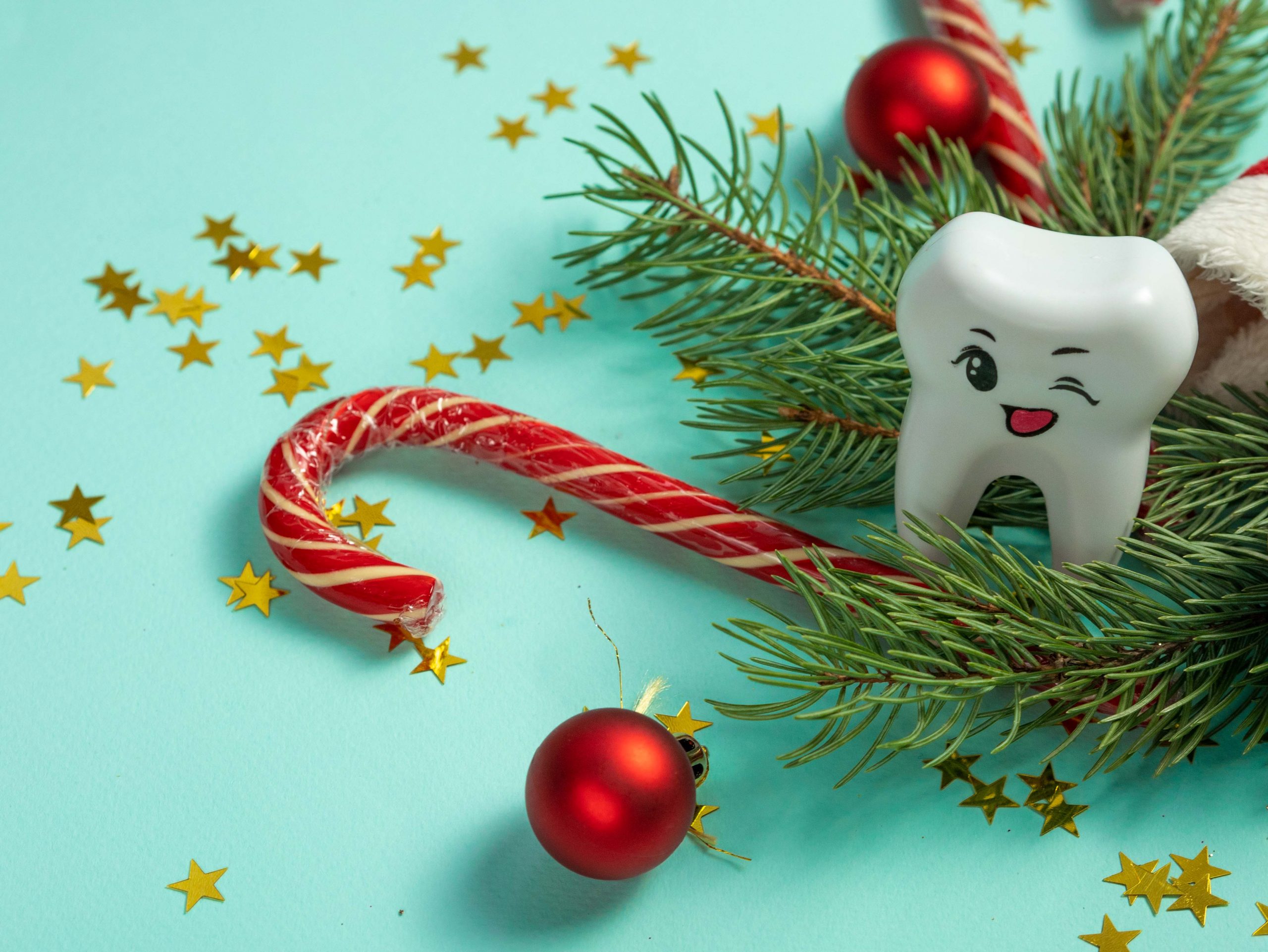
Dental implants can be extremely effective treatments for when you lose a tooth, or have to have one extracted. They look natural, are firmly fixed into the jaw bone and fill in unsightly gaps. Treated well, dental implants can last for many years and it can be impossible to tell them apart from a person’s natural teeth. However, if they are not care for properly, dental implants can become damaged. It is very important to take good care of them, especially over the Christmas holidays when dental surgeries may be closed.
Top tips for looking after dental implants
Here are some important areas to think about when looking after one or more newly installed dental implants.
Just as you would do with your natural teeth, it is vital to brush and floss dental implants. This helps keep the teeth and gums around them healthy, as well as removing bacteria that could get underneath the gum line and into the area where the implant is fixed. Electric toothbrushes and water flossers can be extremely effective at clearing bacteria, plaque and debris, as can interdental brushes. Go easy when brushing your implanted tooth. Too firm a brushing can cause scratches or damage. Always brush all over the surface with a non-abrasive, nylon brush, including the back of the tooth, to get it as clean as you can.
Check your gums for signs of bleeding, sensitivity, swelling and other symptoms of gun disease or gingivitis. If your gums recede, or pull away from the teeth, this can also be a sign. As well as careful, assiduous oral hygiene, other ways to protect gums and keep dental implants in place include giving up smoking. Smoking can inhibit saliva production, which causes a dry mouth and more bacteria being able to reach sensitive areas of the gums. This leads on further to loose, wobbly teeth and dental implants that are more prone to being damaged or falling out. Nicotine can also stain or discolour implants, just as easily as natural teeth.
This can be a hard one over the festive season, but it is worth the temporary annoyance. Alcohol must never be mixed with antibiotics, which may be prescribed after dental implants are installed to help speed up recovery. Even if you are not on antibiotics, alcohol can stop healing from happening as effectively. What’s more, if you indulge too much and find yourself stumbling on your way back home from the work Christmas do, you risk causing damage to your new dental implants. Finally, darker drinks such as red wine, stout or beer can cause staining to dental implants, which would be a shame to have happen so soon after undergoing implant surgery to restore your smile.
Although dental implants are pretty strong, they can be prone to damage in similar ways to natural teeth. Christmas can be a time to eat a lot of hard or chewy food, such as nuts, toffee, candy canes, ice cubes and apples. Aim to steer clear of such foods if your dental implants are still fairly new. In any case, it can be wise to avoid biting down on food with your implants to protect them from damage from sharp edges or sticky surfaces. Watch out, too for falls and impacts – icy roads can make falling over outside more likely to occur, so watch your step outdoors in order to protect your dental implants this winter. Never ‘fiddle’ with your implant, or try to remove it. Your dentist will help you follow a suitable aftercare routine. If you experience pain long after you would expect it to have stopped, see your dentist for advice, rather than trying to fix or reposition the implant yourself.
Many people grind their teeth without even realising, often at night. This is called bruxism and can be harmful to dental implants particularly. Ask your dentist for a mouth guard or specially moulded and fitted appliance that can be worn at night to protect dental implants from grinding. Make sure you stay hydrated, establish a good sleep routine and reduce stress and anxiety in your life as far as possible for a more relaxed night. Avoid drinking or eating anything too stimulating just before bed, including caffeine, sugar or alcohol.